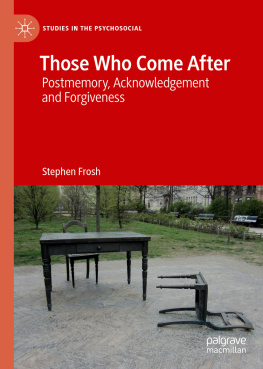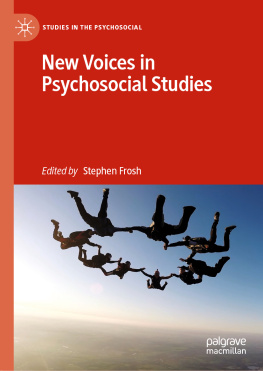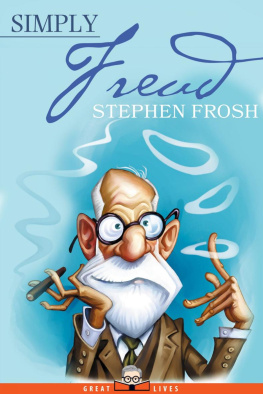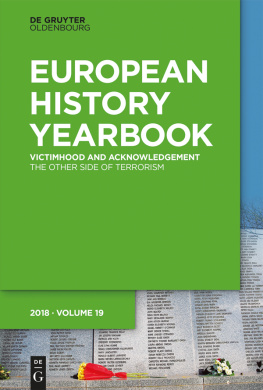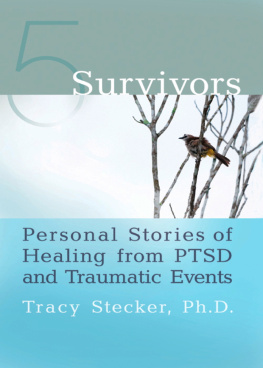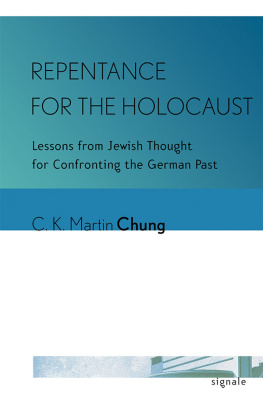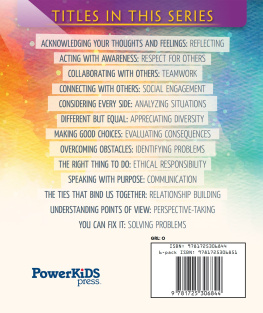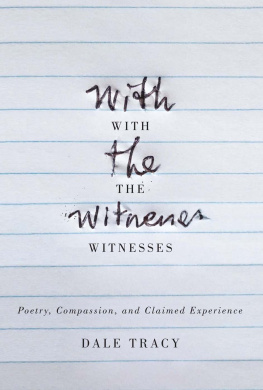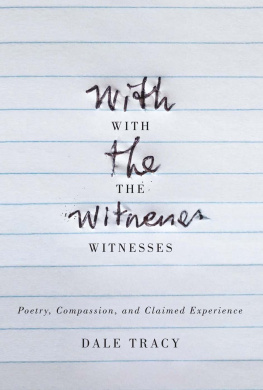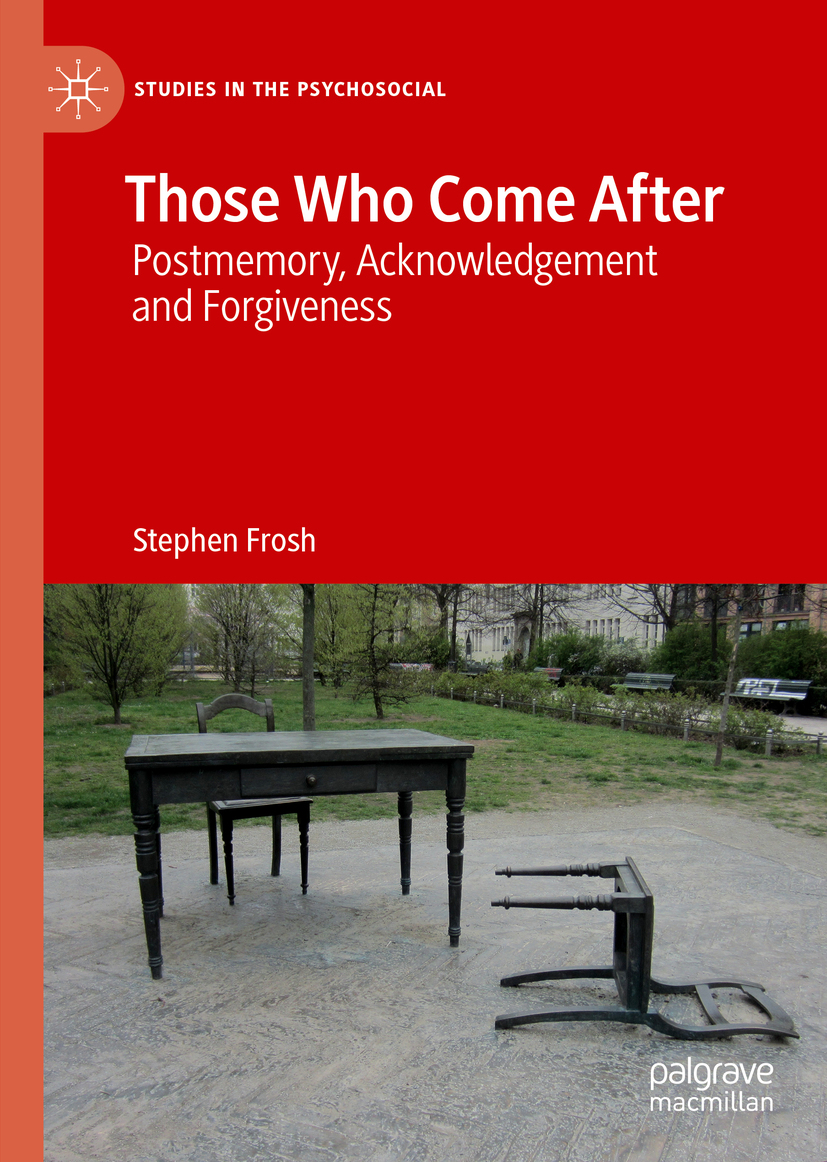Studies in the Psychosocial
Series Editors
Stephen Frosh
Department of Psychosocial Studies Birkbeck, University of London, London, UK
Peter Redman
Faculty of Arts and Social Sciences, The Open University, Milton Keynes, UK
Wendy Hollway
Faculty of Arts and Social Sciences, The Open University, Milton Keynes, UK
Studies in the Psychosocial seeks to investigate the ways in which psychic and social processes demand to be understood as always implicated in each other, as mutually constitutive, co-produced, or abstracted levels of a single dialectical process. As such it can be understood as an interdisciplinary field in search of transdisciplinary objects of knowledge. Studies in the Psychosocial is also distinguished by its emphasis on affect, the irrational and unconscious processes, often, but not necessarily, understood psychoanalytically. Studies in the Psychosocial aims to foster the development of this field by publishing high quality and innovative monographs and edited collections. The series welcomes submissions from a range of theoretical perspectives and disciplinary orientations, including sociology, social and critical psychology, political science, postcolonial studies, feminist studies, queer studies, management and organization studies, cultural and media studies and psychoanalysis. However, in keeping with the inter- or transdisciplinary character of psychosocial analysis, books in the series will generally pass beyond their points of origin to generate concepts, understandings and forms of investigation that are distinctively psychosocial in character.
More information about this series at http://www.palgrave.com/gp/series/14464
Stephen Frosh
Department of Psychosocial Studies Birkbeck, University of London, London, UK
ISSN 2662-2629 e-ISSN 2662-2637
Studies in the Psychosocial
ISBN 978-3-030-14852-2 e-ISBN 978-3-030-14853-9
https://doi.org/10.1007/978-3-030-14853-9
The Editor(s) (if applicable) and The Author(s), under exclusive licence to Springer Nature Switzerland AG 2019
This work is subject to copyright. All rights are solely and exclusively licensed by the Publisher, whether the whole or part of the material is concerned, specifically the rights of translation, reprinting, reuse of illustrations, recitation, broadcasting, reproduction on microfilms or in any other physical way, and transmission or information storage and retrieval, electronic adaptation, computer software, or by similar or dissimilar methodology now known or hereafter developed.
The use of general descriptive names, registered names, trademarks, service marks, etc. in this publication does not imply, even in the absence of a specific statement, that such names are exempt from the relevant protective laws and regulations and therefore free for general use.
The publisher, the authors and the editors are safe to assume that the advice and information in this book are believed to be true and accurate at the date of publication. Neither the publisher nor the authors or the editors give a warranty, express or implied, with respect to the material contained herein or for any errors or omissions that may have been made. The publisher remains neutral with regard to jurisdictional claims in published maps and institutional affiliations.
Cover illustration: Photo Stephen Frosh/The Abandoned Room by Karl Biedermann
This Palgrave Macmillan imprint is published by the registered company Springer Nature Switzerland AG.
The registered company address is: Gewerbestrasse 11, 6330 Cham, Switzerland
Acknowledgements
Reviewing the manuscript of this book, I realised that I have been working on many of the issues in it for a long time probably at least two decades. This means that I have too many people to thank than I can really remember: so many substantial contributions to my thinking, so many incidental ones that have become significant in retrospect, so many hints and nudges and challenges. At this point, I think all I can do is recognise that there are lots of hauntings in my writing and thank all the people concerned.
That said, in the last stages of the book I have been particularly grateful to several of my colleagues in the Department of Psychosocial Studies at Birkbeck, University of London. The creative, fertile and sometimes fractious environment of that Department, now (201819) ten years old, has been exceptionally important to me. I am also very aware of how much my PhD students and recent postdoctoral researchers have affected me and how much I enjoy working with them. I hope I have influenced them as much as they have me.
Many chapters of this book draw on previous publications of mine, in most cases reworked. I am grateful to the relevant publishers to be able to use this material here. The details are as follows.
Chapter is published in an earlier version as Frosh, S. (2019) Postmemory. American Journal of Psychoanalysis, 79 .
Chapter contains some material from Frosh, S. (2016) Turning Back. Studies in Gender and Sexuality, 17 , 262269; and from Frosh, S. (2017) Neurotic and Paranoid Citizens. In B. Sheils and J. Walsh (eds) Narcissism, Melancholia and the Subject of Community. London: Palgrave.
Chapter is based on Frosh, S. (2015) Beyond Recognition. Psychoanalysis, Culture and Society, 20, 379394.
Chapter contains some material from Frosh, S. (2012) The Re-Enactment of Denial. In A. Gulerce (ed) Re(con)figuring Psychoanalysis: Critical Juxtapositions of the Philosophical, the Sociohistorical and the Political . London: Palgrave; and from Frosh, S. (2015) What Our Fathers Did. Jewish Quarterly, 62:3 , 1821.
Chapter is based on Frosh, S. (2015) Endurance. American Imago, 71 , 157175 . It also includes material from Frosh, S. (2019) the Unsaid and the Unheard. In A. Murray and K. Durrheim (eds) Qualitative Studies of Silence: The Unsaid as Social Action. Cambridge: Cambridge University Press.
Chapter is based on Frosh, S. (2017) Different Trains: An Essay in Memorialising. American Imago , 74, 122.
Chapter is based on Frosh, S. (2015) What We are Left With: Psychoanalytic Endings. In S. Frosh (ed) Psychosocial Imaginaries. London: Palgrave.

